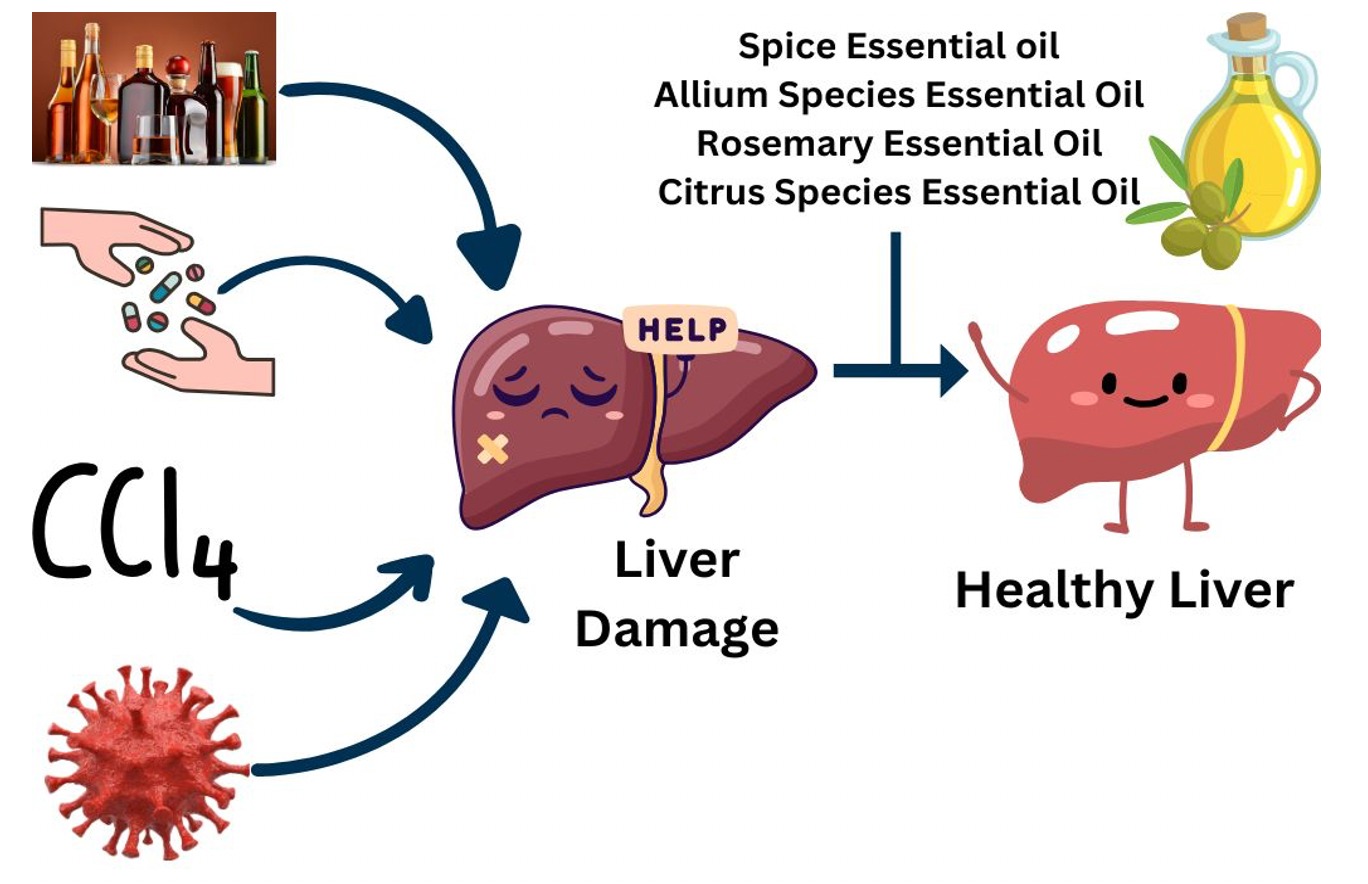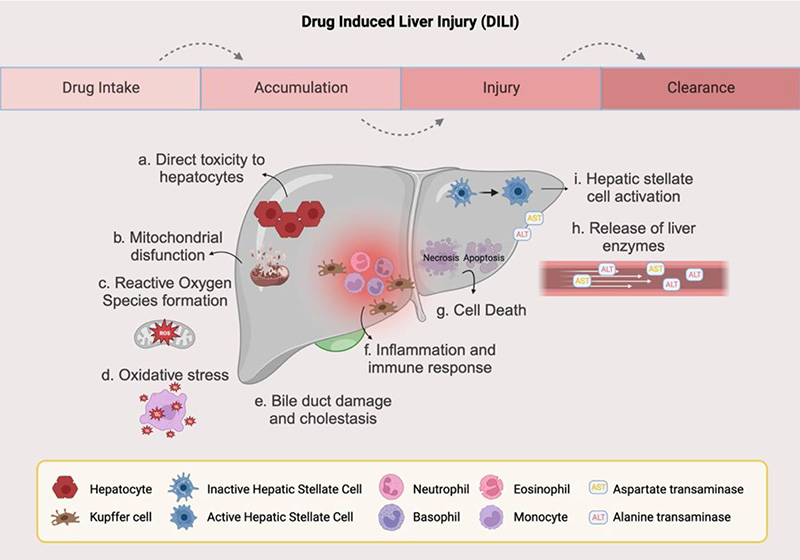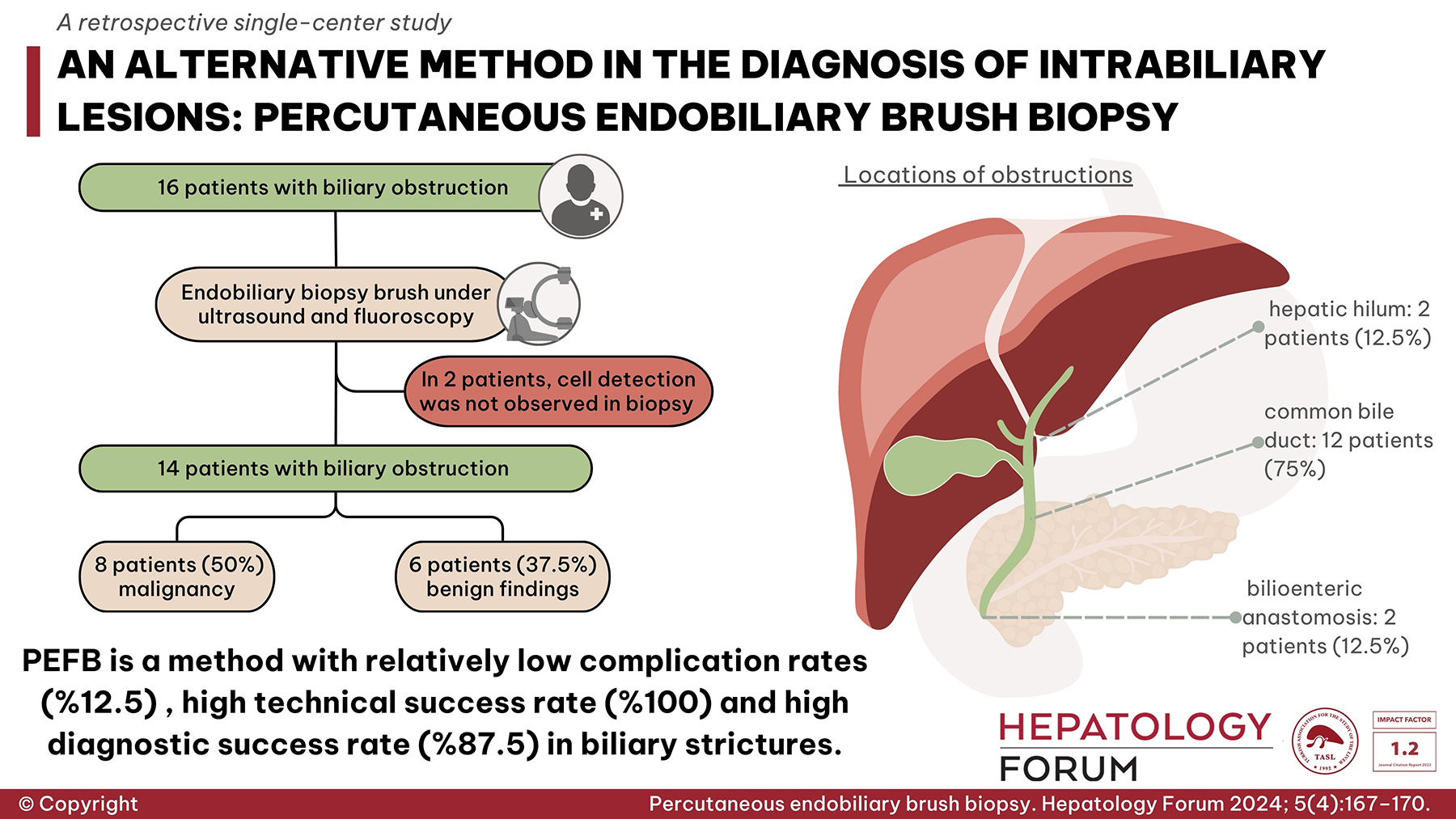2Klinik Kesihatan Bentong, Bentong, Malaysia
Abstract
Background and Aim: Metabolic dysfunction-associated steatotic liver disease (MASLD) is the most common chronic liver disease worldwide and is strongly linked to metabolic comorbidities such as diabetes mellitus, hypertension, dyslipidemia, and coronary artery disease. Despite their cardiovascular benefits, statins are historically underused in patients with MASLD because of concerns regarding hepatotoxicity. This study aimed to evaluate the impact of statins on liver transaminase levels in patients with MASLD and assess whether statin type or dose influences these outcomes.
Material and Methods: We conducted a retrospective review of 104 patients with MASLD who attended outpatient clinics between January 2023 and December 2024. Patients on statins for ≥12 months were included, while those with viral hepatitis, autoimmune liver disease, or significant alcohol intake were excluded. The data collected included comorbidities, statin type/dose, and liver transaminase levels at baseline, 3, 6, and 12 months. Patients without baseline transaminase levels available at the time of statin initiation were excluded. Of the 104 patients recruited, only 21 underwent transient elastography, of which two had advanced chronic liver disease.
Results: The mean BMI was 34.26 kg/m². Most patients had diabetes mellitus (86%), hypertension (88.5%), and dyslipidemia (98.1%). Transaminase levels remained stable over 12 months (ALT, χ²(3)=0.340, p=0.952; AST, χ²(3)=0.342, p=0.926). Statin type and dose had no significant effects on transaminase levels.
Conclusion: Statins of different types and doses did not significantly affect transaminases in patients with MASLD, indicating that statins are safe for use in patients with MASLD who meet the criteria for lipid-lowering therapy. Further studies are warranted to explore the long-term hepatic effects of statins in patients with metabolic dysfunction-associated steatohepatitis (MASH), focusing on histological outcomes.





 Paul Jen Wui Wong1
Paul Jen Wui Wong1 









